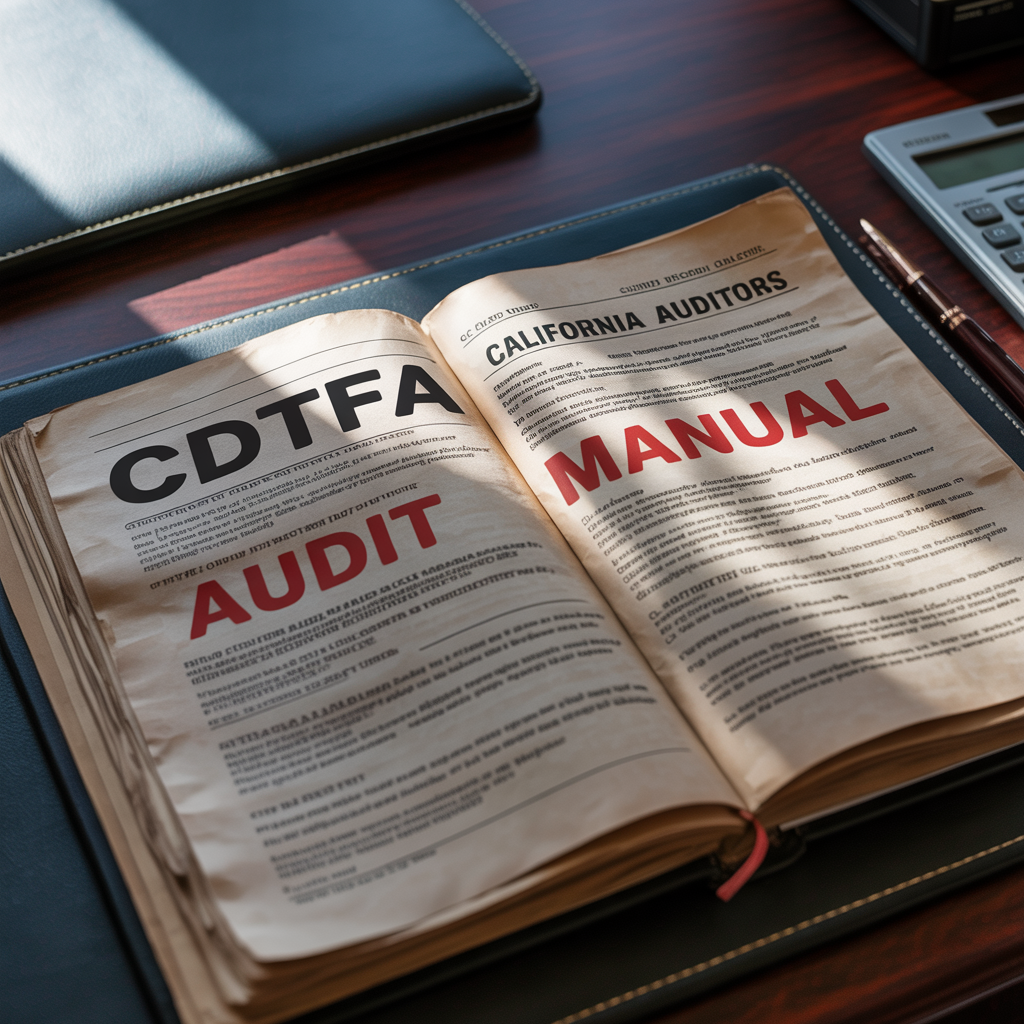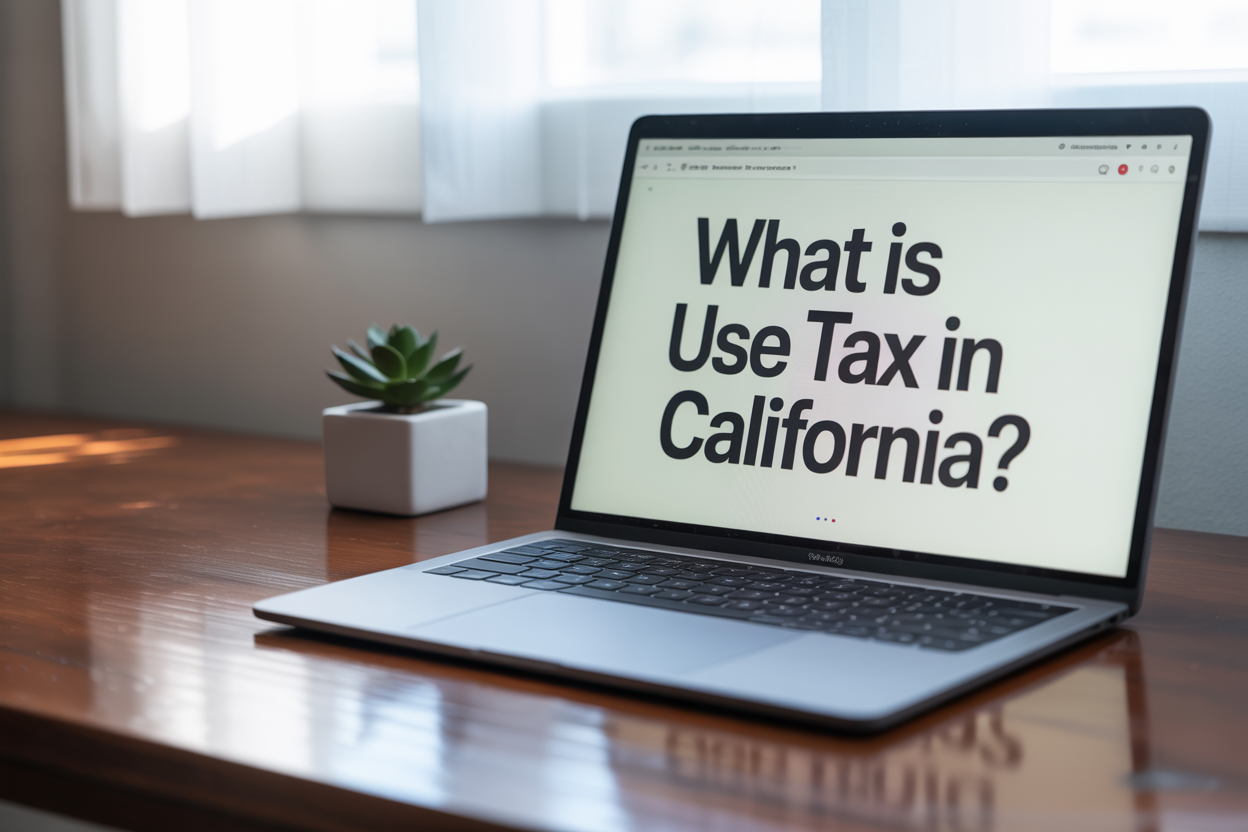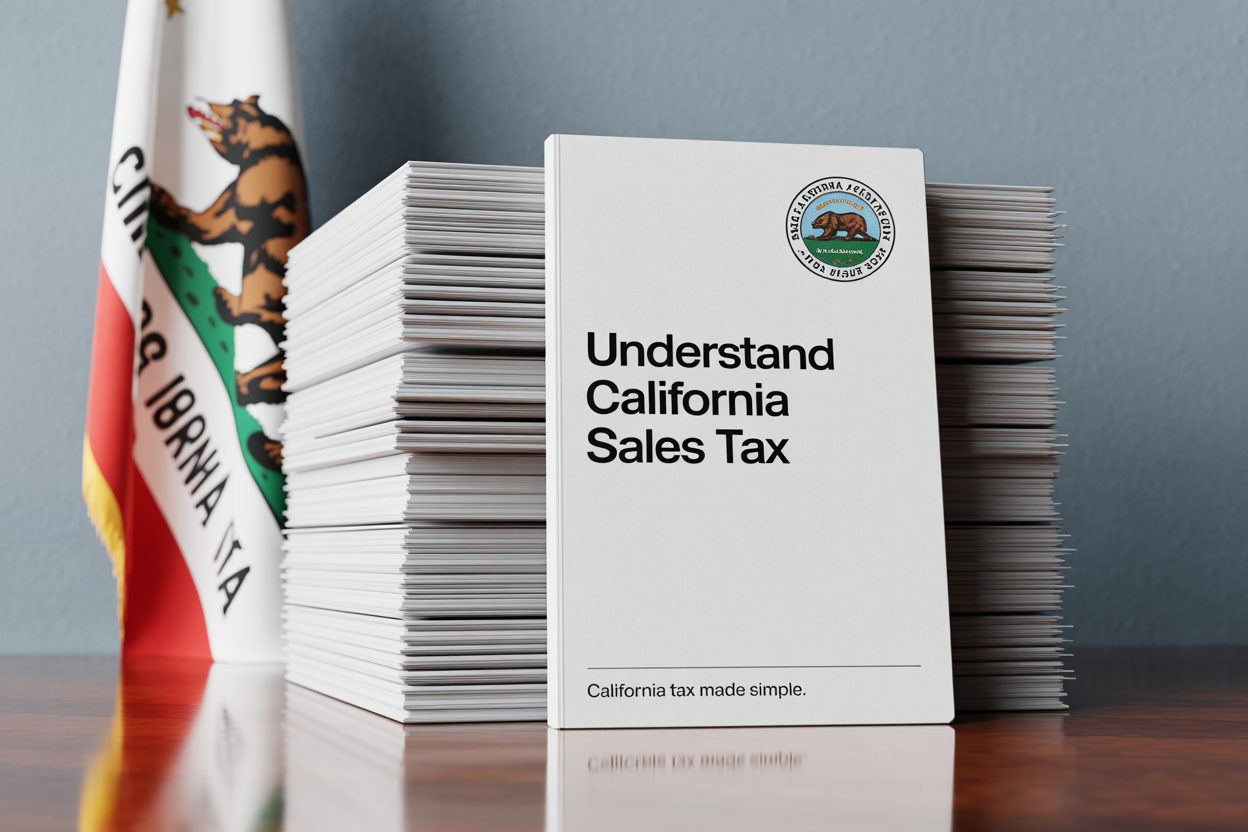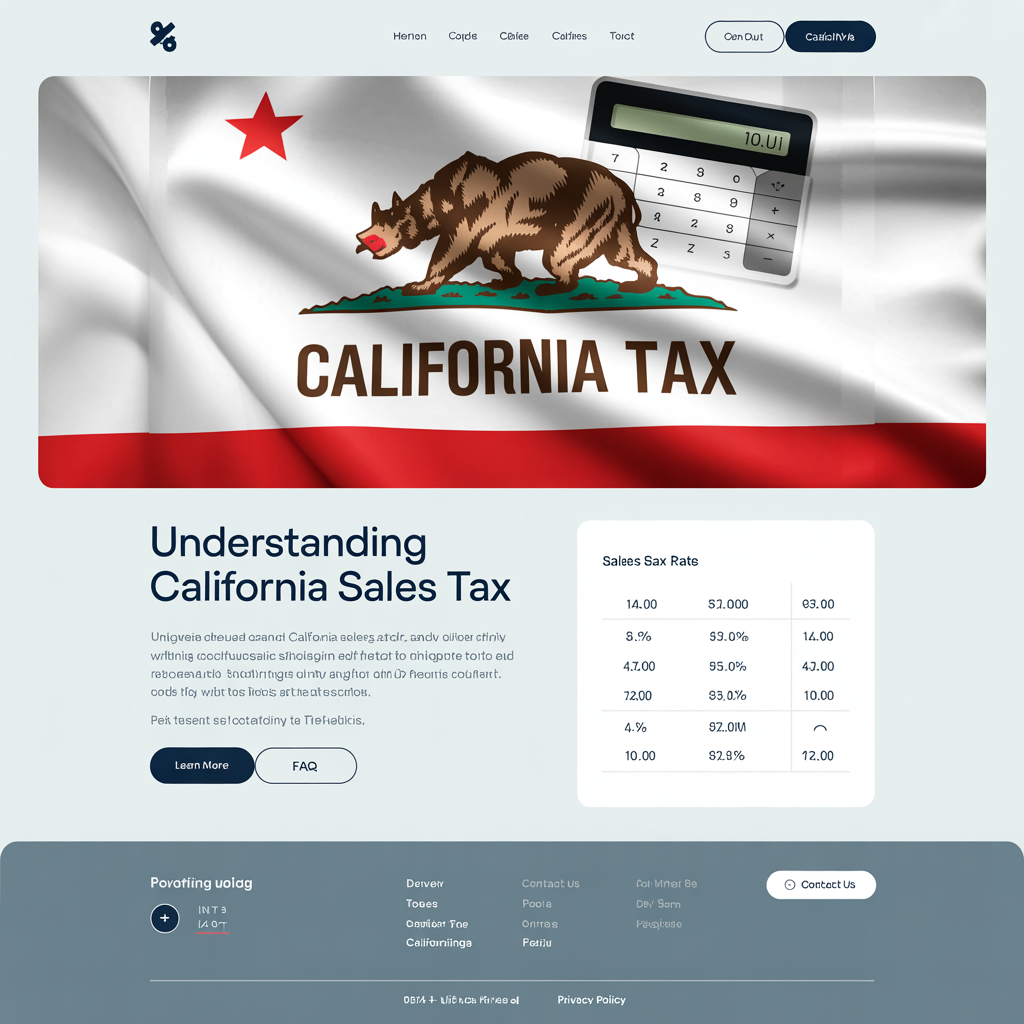The CDTFA Audit Manual: What California Auditors Use Against You

When the California Department of Tax and Fee Administration (CDTFA) audits your business, they’re not making it up as they go. They’re following a formal guidebook: the CDTFA Audit Manual.
But here’s the problem—you’re not supposed to know how it works. Most business owners don’t realize that the auditor’s every move, assumption, and penalty is grounded in a specific section of this manual. And if you don’t understand the rules they’re using, it’s easy to get steamrolled.
At Boulanger CPA and Consulting PC, we use the CDTFA’s own manual to push back against flawed audits, challenge estimates, and reduce our clients’ tax bills. In this guide, we’ll explain:
- What the CDTFA Audit Manual is
- How auditors use it against you
- Key red flags in their methodology
- How we use it to fight back on your behalf
What Is the CDTFA Audit Manual?
The CDTFA Audit Manual is an internal, public-facing (but rarely discussed) guide that auditors use to conduct:
- Sales and use tax audits
- Sampling procedures
- Markup calculations
- Exemption verifications
- Penalty assessments
For any business owner, understanding this guide is the foundation of sales tax audit defense in California, because it reveals the playbook auditors follow during examinations.
Why This Manual Matters
When CDTFA auditors assess tax, they don’t always rely on your actual numbers—they use estimated calculations backed by procedures in the audit manual. These include:
- Test periods
- Statistical sampling
- Markup testing
- Bank deposit analysis
- Industry ratio comparisons
If your documentation is weak—or your CPA doesn’t know how to push back—the auditor’s assumptions become final. And that’s often where massive assessments come from.
That’s why knowing what to expect in a CDTFA sales tax audit can prepare you for the exact methods and red flags auditors look for.
5 Ways the CDTFA Audit Manual Is Used Against You
1. Test Period Sampling (Section 0400.30)
The auditor selects a single time period (e.g., one month) and extrapolates it across 36 months. If your records are bad for that one month, you may be hit with triple the liability.
2. Markup Testing (Section 0403.20)
The CDTFA assumes your average markup and calculates what your sales should have been. If your records don’t support a different figure, the estimate sticks—even if it's inflated.
3. Inadequate Records Penalty (Section 0735.00)
If your documentation doesn’t meet CDTFA standards, they can assess tax using any reasonable method—and apply a 10% negligence penalty on top.
4. Exempt Sales Reversal (Section 0502.10)
If you claimed tax-exempt sales but can’t produce proper resale certificates or exemption documentation, the CDTFA will tax those sales in full.
5. Estimated Tax on Purchases (Section 0406.10)
If you fail to report use tax on out-of-state purchases, the auditor may estimate it based on bank activity, vendor statements, or shipping records.
Many ecommerce operators face CDTFA audit red flags for online sellers when auditors use sampling or bank deposits to inflate estimated taxable sales.
Restaurants, on the other hand, can benefit from our restaurant sales tax audit survival guide, which explains how the CDTFA commonly misinterprets tips, comps, and cash-heavy operations.
The CDTFA Won’t Teach You This Stuff
Your auditor won’t explain what sampling method they used, what markup percentage was assumed, or which section of the audit manual they applied. Unless you ask—and know how to challenge it—you’re at their mercy.
That’s why it’s crucial to have a CPA who understands how the CDTFA operates internally.
That’s why it’s crucial to have a CPA who understands how the CDTFA operates internally, especially when CDTFA sales suppression audits explained reveal how aggressive enforcement can be if they suspect underreporting.
How We Use the Audit Manual to Defend You
At Boulanger CPA and Consulting PC, we:
- Request audit methodology details from the start
- Identify deviations from manual procedures
- Challenge assumptions that aren’t supported by your records
- Use the manual to dispute penalties and sampling errors
- Prepare appeals citing the CDTFA’s own guidance
Our approach often means challenging CDTFA audit findings directly with evidence, forcing auditors to back up their claims.
We’ve reduced audit assessments by tens of thousands simply by proving the auditor didn’t follow their own rules.
Real Example – Overturned Markup Method Saved $92,000
A retailer in Orange County was hit with a $147,000 assessment based on a 3-month test period and a 180% assumed markup. We showed that the markup was based on flawed sampling and violated CDTFA’s own manual guidelines. The result? The final balance was reduced by over $92,000.
We Represent Business Owners Statewide
We help clients in:
- Orange
- Irvine
- Santa Ana
- Costa Mesa
- Riverside
- San Diego
…and throughout California
Whether you’re preparing for audit, fighting a notice of determination, or disputing a prior assessment, we’ll use the CDTFA’s own rules to fight back.
If you’re ready to protect your business, let’s explore more in Defend What’s Yours—our strategic framework for defending California taxpayers.
CDTFA Using Their Manual Against You? Let’s Use It Against Them.
We know the CDTFA playbook—and we use it to protect your business.
📞 Call (657) 218-5700 or Schedule a Confidential Audit Strategy Session
Frequently Asked Questions
What is the CDTFA Audit Manual?
The CDTFA Audit Manual is an internal guide auditors use to standardize procedures, methods, and benchmarks when conducting sales tax audits in California.
Why is the audit manual important for businesses?
It reveals the methods auditors are trained to use—such as markup tests, industry benchmarks, and sampling techniques—which often drive assessments.
Can I access the CDTFA Audit Manual?
Yes. Portions of the manual are available online, though some sections are internal. Reviewing it helps taxpayers anticipate auditor strategies.
How do auditors use the manual in practice?
Auditors reference the manual to justify their methodology, including choosing sampling periods, applying credit card-to-cash ratios, and calculating unreported sales.
Does the manual favor auditors over taxpayers?
Yes. The manual is designed to protect CDTFA interests, but businesses can challenge auditor assumptions with accurate records and expert defense.
Can a CPA use the manual in defending a case?
Yes. Experienced CPAs reference the audit manual to challenge improper applications of CDTFA procedures and highlight inconsistencies.
Does the IRS have a similar audit manual?
Yes. The IRS has its Internal Revenue Manual, which functions similarly, providing guidance for federal tax audits and enforcement actions.
Should I hire professional help if my audit cites the manual?
Yes. Professional representation ensures CDTFA rules are applied correctly and helps minimize inflated sales tax assessments.
other articles of interest
📣 About the Author
Marc Boulanger, CPA is the founder of Boulanger CPA and Consulting PC, a boutique tax resolution firm based in Orange County, California and trusted by high-income individuals and business owners across Southern California.
He is the author of Defend What’s Yours: A California Taxpayer’s Guide to Beating the IRS and FTB at Their Own Game, available now on Amazon. The book offers a step-by-step plan for resolving IRS and FTB tax debt without losing your business, your home, or your peace of mind.
With over a decade of experience resolving high-stakes IRS and State tax matters, Marc brings strategic insight to complex cases involving wage garnishments, bank levies, unfiled returns, and six-figure tax debts. He is known for helping clients reduce or eliminate tax liabilities through expertly negotiated settlements and compliance plans.
Marc is a Certified Public Accountant licensed in California and Oklahoma and holds the designation of Certified Tax Representation Consultant. He is a member of the American Society of Tax Problem Solvers (ASTPS) — the national organization founded by the educators and practitioners who have trained thousands of CPAs, EAs, and tax attorneys in IRS representation strategy.
Every case is handled with discretion, proven methodology, and direct CPA-led representation — not call center scripts.
📍 Learn more at www.orangecounty.cpa or call (657) 218-5700.










